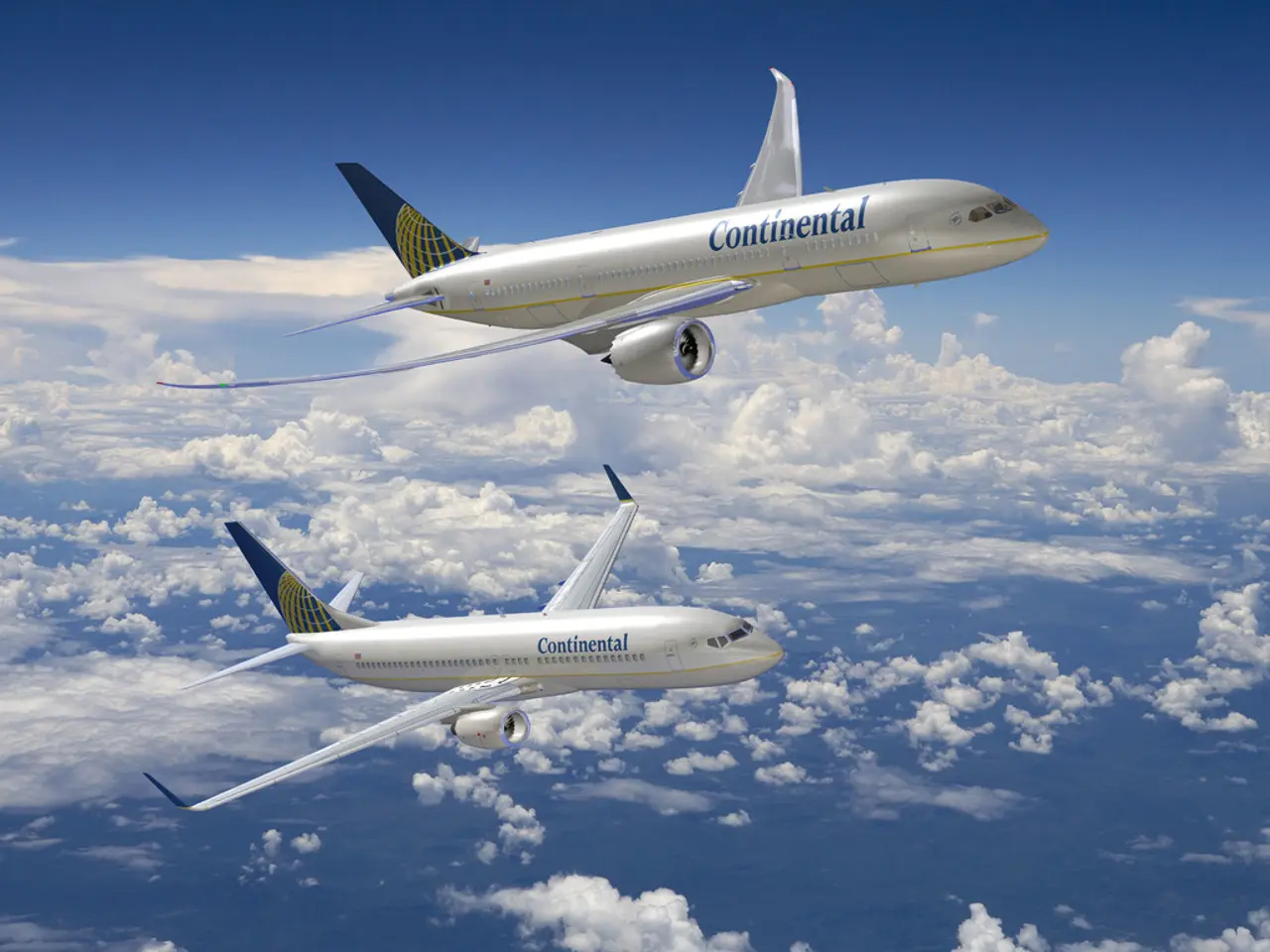Small businesses sponsor this year's Pride celebrations
Small-time entrepreneurs like Ryan Jones are stepping up to the plate to support Pride events, as big corporations are withdrawing their financial backing. With San Francisco Pride facing a funding deficit of over a million dollars due to corporate sponsors like Comcast and Anheuser-Busch pulling out, local businesses are filling in the gaps.
Jones, owner of the bakery Hot Cookie, plans to give 5% of his bakery's popular cookie sales to this year's Pride event and encourages other local businesses to do the same. Across the country, Pride events are experiencing a similar predicament. Corporations retreating from diversity initiatives under the current administration has left many festivals struggling for funds.
Local businesses view their support as a means of standing up for LGBTQ+ people and their communities. Hot Cookie, known for its provocative "sex positive" cookies, saw a 30% increase in sales during last year's Pride event in San Francisco. Small businesses in Minneapolis are making up for a $690,000 decrease in corporate funding by donating to the Twin Cities Pride event.
One key takeaway is the value of small businesses supporting the LGBTQ+ community. Twin Cities Pride has seen a fourfold increase in contributions from local businesses, withmental health practitioner Becky McNattin pledging $10,000 this year—five times her contribution in 2024.
The renewed focus on local businesses may be a return to Pride's roots. The first Pride marches were held in 1970 as a response to police raids on gay bars and sought support from individuals and small businesses, mainly those with LGBTQ+ ownership. Corporate sponsorships gained prominence in the late 1980s and '90s; however, the recent decline in corporate sponsorships signifies a shift towards local and small businesses supporting the LGBTQ+ community.
The economics of large Pride festivals may not work without large sponsors, but smaller parades have long relied on local partnerships for funding. In St. Louis, Brewery 4 Hands is donating $1 for every case of light lager and American pale ale they sell to help fill the funding gap left by corporate sponsors. In San Francisco, large corporations like Salesforce and Levi's managed to significantly shrink the funding gap, highlighting the significance of these partnerships in supporting Pride events.
Critics voicing concerns over "rainbow-washing"—where companies support LGBTQ+ causes for marketing purposes rather than substantive engagement—are encouraging a return to the protest aspect of Pride to maintain its roots and emphasize the importance of genuine support.
[1] Small businesses contribute to Pride events funding with targeted grants and local support fostering grassroots involvement, while corporate sponsorships provide larger-scale funding but may be subject to criticism over authenticity.
- Ryan Jones, the owner of Hot Cookie, encourages other local businesses to contribute funds for Pride events, joining the movement of small-time entrepreneurs supporting such events.
- Across the country, local businesses are filling the funding gaps left by corporate sponsors retreating from diversity initiatives, with the mental health practitioner Becky McNattin pledging $10,000 this year to Twin Cities Pride—an increase from her 2024 contribution.
- Brewery 4 Hands in St. Louis donates $1 for every case of light lager and American pale ale they sell, offering help to fill the funding gap left by corporate sponsors, while Hot Cookie in San Francisco saw a 30% increase in sales during last year's Pride event.
- The economics of large Pride festivals may not work without large sponsors, but smaller parades have long relied on local partnerships for funding, with entities like Salesforce and Levi's significantly shrinking the funding gap in San Francisco.
- Local pet shops, fashion-and-beauty boutiques, food-and-drink establishments, car dealerships, and shopping centers can also play a crucial role in supporting Pride events, contributing to the community's health and lifestyle while furthering authentic diversity initiatives.




